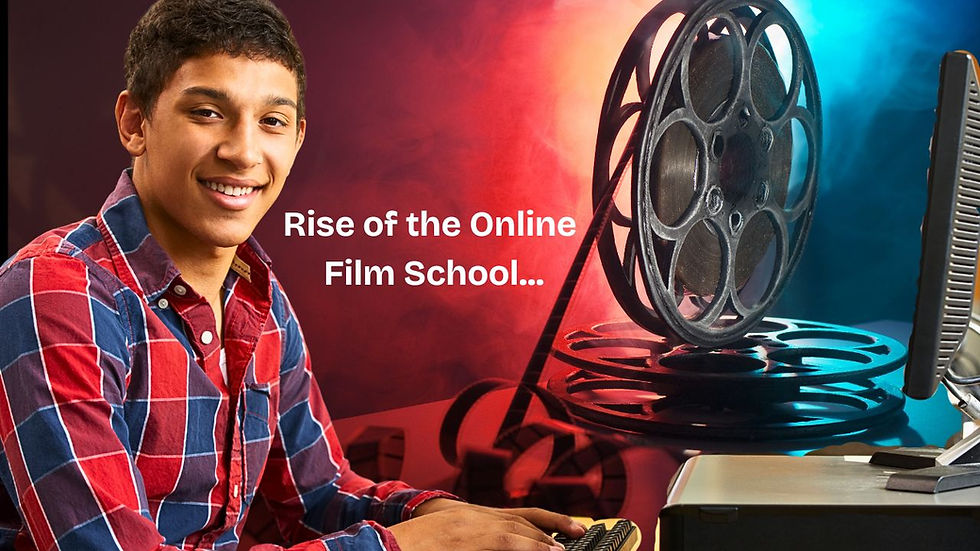- Eddy Sanchez

- Aug 12, 2025
- 2 min read
Do Small Film Projects with a Small Budget Need a Location Scout?

Hey there, fellow filmmakers! Today I want to dive into a question that often comes up when starting out in our beloved craft: Do small film projects with a limited budget really need a location scout? My answer? Not really. Let me explain why I think keeping it simple is not only feasible but also a smart move for those of us just starting our filmmaking journey.
Keep It Simple, Keep It Smart
When I first started making films, I quickly realized that the more locations I included, the more complicated things got. It’s like adding layers to a cake—too many can make it fall apart. As a beginner, it’s wise to focus on a handful of locations that you can manage effectively. If your script calls for a specific place, it should ideally be one that you can access easily, preferably through someone you know.
Lean on Your Network
Networking is one of the most powerful tools in our arsenal as filmmakers. Before you even think about hiring a location scout, take a moment to tap into your personal connections. Do you have a friend or family member who owns a cool space that fits your vision? Maybe a local café, an empty warehouse, or even a cozy living room? Using familiar spaces can save you time and money, allowing you to pour more resources into what really matters—telling your story.
Get Out There and Negotiate
If you come across a location that you absolutely need but can’t source through friends, don’t hesitate to take the initiative. Go visit the site yourself. There’s something powerful about face-to-face negotiations. When you’re on-site, you can gauge the property owner’s vibe and build a rapport. Plus, you’ll have a better chance of striking a deal that works for both parties.
Contracts Are a Must
Now, here’s a crucial tip: every single location you use should have a signed contract. I can’t stress this enough. Contracts protect both you and the property owner. They should clearly outline the terms of your agreement, including shoot dates, timeframes, and any limitations. Having this legal backing not only shields you from potential disputes but also shows the owner that you’re serious and professional.
Be Conservative with Your Story
As you’re crafting your script, think about how you can tell a compelling story without going overboard on locations. Being conservative with your choices doesn’t mean sacrificing creativity. Instead, it challenges you to think outside the box and make the most of what you have. Focus on strong characters and engaging dialogue—those elements will resonate far more than a sprawling set of locations.
Conclusion
So, should small film projects with a limited budget hire a location scout? In my opinion, it’s unnecessary. By leveraging your network, negotiating directly with property owners, and crafting a thoughtful script, you can effectively manage your resources and still create an impactful film. And remember, having a solid contract for each location is non-negotiable.
#Filmmaking, #IndependentFilm, #BudgetFilmmaking, #LocationScouting, #FilmProduction, #EddySanchez, #ShortFilms, #FilmIndustry, #CreativeProcess, #EWritesPodcast
Thanks for joining me on this journey! Keep creating and telling your stories—one location at a time. Happy filming!
Check out my new website dedicated to photography.




